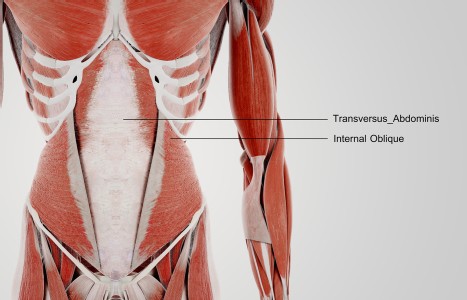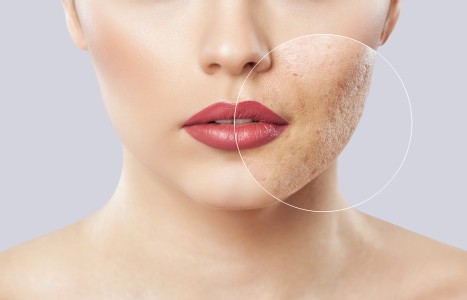TrA-2, my primary needle location, I needle 95% of the time and I think it works the best. You’ll know you have the right point location when you discover the muscle twitching when applying electric stimulation.
First-Ever Information Standards For Traditional Medicine Go Online
The first draft ICD-11 was to be made available online in August and the public is encouraged to review the content and provide comments and feedback, including on information standards for traditional medicine codes.
The ICD-11 will assist in creating an evidence base for traditional medicine – producing terminologies and classifications for diagnoses and interventions, which are the primary source of healthcare for many people in parts of Asia, Africa and Latin America as well as Europe and North America.
Officials with the World Health Organization said the use of herbal medicines, acupuncture, and other traditional medicine practices has been increasing, but global classification and terminology tools for traditional medicine have been lacking.
ICD-11 is based largely on the work of the International Classification of Traditional Medicine (ICTM) project experts, who represent a broad spectrum of traditional medicine knowledge from around the world. Many of the experts come from The People's Republic of China, Japan, the Republic of Korea, Australia, the United States, the United Kingdom, the Netherlands, and other countries.
Those who participate in the review may also make proposals for changes to ICD-11, either to address missing content, or to provide updates based on new understanding and information. Through this process, WHO intends to draw upon the broadest possible group of individuals with healthcare expertise to ensure the most accurate, up-to-date information possible.
The web site will be accessible directly from the WHO website at www.who.int. The classifications page can be located directly at www.who.int/classifications/en/, or the ICD-11 page at www.who.int/classifications/icd/revision/en/index.html. The link to the browser will be here.
The ICD documents date back to the 1800s, and are based on the causes of death in the 1800s. The ICD-10, will begin use in the United States on October 1, 2012. This document, ICD-10, is being revised and overhauled completely to produce ICD-11. The new version of ICD-11 will be completely digital, and there is every possibility that because it is in digital/electronic form that there will be no need for an ICD-12 version. By being digital/electronic, it will be possible to update, change, revise or add to on a regular basis. For this reason, Traditional Medicine codes must be included in ICTM-11 version.
"This work is something, which is relatively unprecedented in the area of traditional medicine, particularly at this level," said Dr. Molly Meri Robinson Nicol, technical officer at WHO. "The ICTM, including the selection included in ICD-11, will be the foundation on which future research will be based. This classification will serve as a tool for the collection of clean, clear data on who is using traditional medicine, what they are using it for, if it works, if it is safe, how much it costs, and how it compares to other medicines in similar situations."
Nicol noted ICTM will also support research, clinical documentation, policy development, and healthcare reimbursement, and it will do so in a way, which is consistent and internationally comparable.
"This project is immense, and will require a great deal of meticulous work, but it is also a project, which could be considered long overdue," Nicol said.
Non-traditional medicine (Western) basically is the only practice that has been counted in the past. The World Health Organization has just completed a study and found that about 60-80 percent of the world's population uses some method of traditional medicine.
Traditional Medicine has no reliable statistics. These statistics include numbers of mortality, morbidity, and all types of adverse side effects and events.
Last year, the World Health Organization had a mandate from the United Nations to gather health information. This information related to the 193 member states (countries around the world) and then it is put into the data health information systems. The World Health Organization is the only global agency that can put all of this process and information together.
The potential benefits of the formation of International Classifications of Traditional Medicine include the following:
- ICTM will link Traditional Medicine practices with global norms and standards development.
- ICTM will enhance the international public health task on global statistics, surveillance, and public safety.
- ICTM will enhance basic and clinic research around Traditional Medicine throughout the world.
- ICTM will help to give equal access to global public goods for all World Health Organization 193 member states.
- ICTM will integrate Traditional Medicine into global statistics.
- ICTM will be used to create reimbursement.
For more information and updates, visit us at www.acupuncturetoday.com or WHO-ICTM at http://sites.google.com/site/whoictm/.


